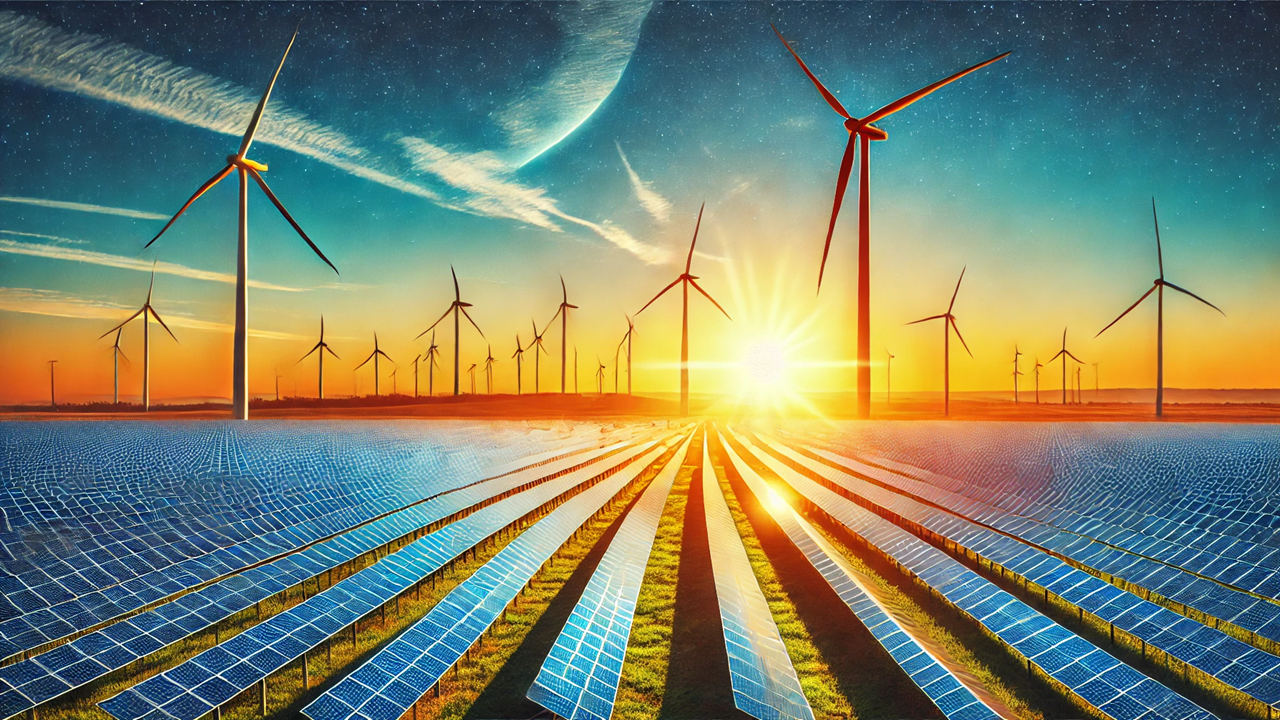Renowned South African human rights and climate activist Kumi Naidoo has issued a stark warning about the escalating dangers of climate change, calling for urgent global action to transition from fossil fuels to clean energy. Speaking at a Global Citizen event on the eve of the G20 Leaders’ Summit, Naidoo emphasized the need for decisive leadership to avert catastrophic environmental consequences.
The Urgency of Climate Action
Naidoo, President of the Fossil Fuel Non-Proliferation Treaty Initiative, highlighted the devastating effects of climate change in Southern Africa, referencing the 2022 Durban floods, which claimed over 450 lives.
“Southern Africa is experiencing the worst effects of climate change with extreme fluctuations between droughts and floods. Climate scientists have warned us, and it is happening now,” Naidoo cautioned.
He stressed the dire implications of continued reliance on oil, coal, and gas, noting their impact on water resources, soil health, and food production.
“If we persist in our current path, humanity faces the ultimate risk of extinction. Water and food security are under threat, and we are running out of time to act,” he told SAnews.
A Call for Clean Energy Solutions
The event coincided with the launch of ‘Leveraging the Potential of Renewables – The Road to Johannesburg’, a campaign led by South African President Cyril Ramaphosa and European Commission President Ursula von der Leyen. This initiative aims to accelerate Africa’s renewable energy transformation, leveraging South Africa’s G20 Presidency, which begins in December.
Naidoo called on leaders to prioritize long-term sustainability over short-term economic gains.
“The science is irrefutable. What we need now is the political will to transition to a green economy that is not only environmentally sustainable but also socially inclusive,” he said.
Opportunities in the Green Economy
Despite being the 14th largest emitter globally due to its dependence on coal, South Africa is well-positioned to lead a clean energy transition. Naidoo highlighted the potential for creating millions of green jobs, improving air quality, and securing water resources.
“This transition is an opportunity to address economic inequality while ensuring environmental justice. Retrofitting buildings for energy efficiency, promoting innovative solar technologies, and building a green economy are pathways to a sustainable future,” Naidoo stated.
He also advocated for policies like feeding tariffs, enabling households and institutions to produce and sell renewable energy back to the grid, and called for greater investment in research and development to position African countries as leaders in green technology.
Global Cooperation for Climate Justice
Naidoo underscored the interconnectedness of climate action and economic justice, urging wealthy nations to provide financial and technical support to developing countries.
“Rich nations bear a historic responsibility to help developing countries transition sustainably. Climate justice is not just an environmental issue; it’s a human rights and social equity imperative,” he said.
Naidoo also emphasized the need to re-skill workers in fossil fuel industries and train young people to thrive in clean energy jobs.
A Warning Against Complacency
Reflecting on past tragedies, such as the Durban floods, Naidoo warned against prioritizing profit over humanity.
“It is too late to save the lives lost to extreme weather events, but it is not too late to prevent the catastrophic, runaway climate change that scientists warn us about,” he concluded.
A Global Call to Action
Naidoo’s passionate plea comes as the world prepares for the G20 Summit and as South Africa gears up to take on the G20 Presidency. The momentum from these events offers a critical opportunity for world leaders to champion renewable energy and climate justice, ensuring a sustainable and equitable future for all.











